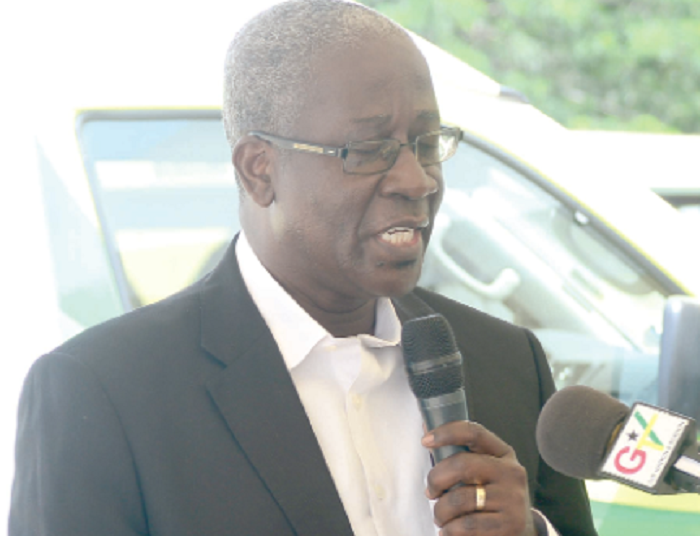
Aayalolo buses to run Adentan, Kasoa routes soon
Commuters who ply the Adentan and Kasoa routes will soon enjoy the Aayalolo bus service. This is because the ministries of Local Government and Rural Development (MLGRD) and Transport are preparing to roll out the service by the end of the year.
A statement signed by the Chief Director of the MLGRD, Mr C.K. Dondieu, said a total of 85 buses had been allocated for the Adentan-Accra Central Business District (CBD), while “a set of buses are also expected to begin operations on the Kasoa to Tudu corridor.
“This will initially be of the express nature pending the full implementation of the proposed BRT infrastructure on that corridor, at which stage more than 300 buses are required for the corridor and its services,” it said.
It indicated that the two ministries collaborated to secure legal rights and gazetted portions of the Amasaman-Accra CBD corridor for the exclusive use by the Aayalolo service, and same arrangement was being pursued for the other corridors before the deployment of the buses.
Response
The statement was in response to a story carried by the Daily Graphic on its front page on June 30, 2017 about the fact that some 197 out of the 245 Aayalolo buses imported into the country for the Quality Bus System (QBS) were not operational.
The corridors, which are supposed to be developed for the QBS, are yet to be implemented.
However, reacting to the story, the statement emphasised that it was not the case since a clear plan was in place for the deployment of the buses within the stipulated period.
“It is, therefore, entirely not accurate to report that 197 buses are left idle to rot away. All the buses have gone through a customised ticketing system installation and testing.
“This function is necessary to enhance revenue mobilisation. No bus can ever be deployed on the road without this configuration,” it stated.
City transportation system
At the inauguration of the Aayalolo bus system in December last year, then President John Dramani Mahama said the transport system in Accra was characterised by heavy congestion, particularly during the peak periods, heavy dependence on informal bus services and inadequate facilities for pedestrians.
He said the government had planned to improve and modernise the road transport delivery system, especially urban transport through appropriate policies and regulatory measures which would encourage investments in mass transit system to become attractive to all classes of people.
Background
The Bus Rapid Transit (BRT) is under the Urban Transport Project (UTP) of the Ministry of Roads and Highways. It is jointly funded by the World Bank, Agence Francaise de Development (AFD), the government of Ghana and the Global Environment Facility Trust Fund at a cost of $95 million.
It is being implemented by the ministries of Local Government and Rural Development and Roads and Highways and the Department of Urban Roads (DUR).
Processes towards the implementation of the BRT were started in 2007. However, between 2008 and 2009, it faced many difficulties, including stiff resistance from private transport operators.
Earlier, the DUR had planned implementing an advanced type of BRT on the Accra-Mallam-Kasoa corridor.
